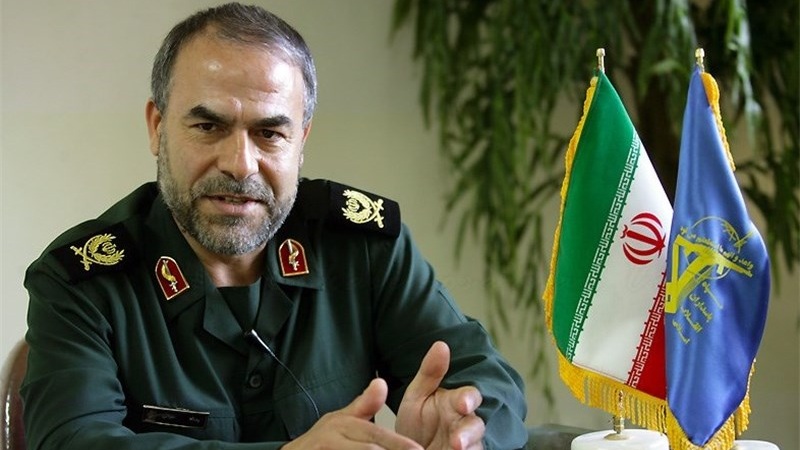Iran Press/America: The USS Arlington and a Patriot battery will join the USS Abraham Lincoln carrier strike group and a US Air Force bomber task force, which were deployed earlier in the week to the region in response to what the Pentagon claims is "heightened Iranian readiness to conduct offensive operations."
The Patriot missile system, manufactured by Raytheon, is combat-tested against aircraft, drones, cruise missiles, and tactical ballistic missiles. The system is currently deployed in Bahrain, Jordan, Kuwait, Qatar, and the United Arab Emirates, CNBC reported.
"The Department of Defense continues to closely monitor the activities of Iran, their military and proxies. Due to operational security, we will not discuss timelines or location of forces. The United States does not seek conflict with Iran, but we are postured and ready to defend US forces and interests in the region," the Pentagon wrote in a statement Friday announcing the deployment.
The additional US forces to the Middle East happened after White House passes phone number to Swiss, in case Iran wants to call.
Related News:
Trump wants Iranians to call him, cannot rule out military action!
After US President Donald Trump publicly appealed to Iran to call him amid heightened tensions with Tehran, the White House contacted the Swiss government on Thursday to share a phone number the Iranians could call the President on, according to a diplomatic source familiar with the move, CNN reported.
The source said the Swiss likely won't hand over the number unless the Iranians specifically ask for it and it's thought they are highly unlikely to do so. White House officials say Trump's overtures are sincere.
 Brigadier General Yadollah Javani
Brigadier General Yadollah Javani
It is while Islamic Revolution Guards Corps Deputy Commander for Political Affairs Brigadier General Yadollah Javani on Friday said: “Trump had thought that with the new sanctions and pressures imposed on the Islamic Republic by the US after its withdrawal from the Joint Comprehensive Plan of Action (JCPOA), Iran would face a kind of internal turmoil and would eventually negotiate with the US, but in practice it did not happen," Tasnim News Agency reported.
In this regards, Foreign Affairs, an American magazine published an article about the unsuccessful attempts of Trump against Iran by posing an important question; How viable is Trump’s ambitious plan?
75 analysts and policymakers in ten countries: The United States, Iran, the United Kingdom, France, Germany, Israel, Russia, China, the United Arab Emirates, and Saudi Arabia, responded to this question.
Respondents assessed the possibility that the United States could yet broker a grand bargain with Iran. They also answered questions relating to the nuclear, regional, and ballistic missile issues that have been under negotiation.
The respondents were overwhelmingly sceptical, and many pointed to the same deficits.
The US administration has called for something—a deal—that requires diplomacy but then consistently reached only for the bluntest of coercive instruments. Washington has further undercut its prospects by failing to nurture its European alliances or to create favourable conditions for Tehran to engage in talks. Last week's announcement that Iran will limit compliance with parts of the nuclear agreement is proof positive that the Trump approach is not working. 101/211/201
Read More:
Bolton threatens Iran by sending Navy strike group to Middle East
US imposes additional sanctions on Iran's peaceful nuclear program
Commentary: US Anti-Iran policy persists; the re-emergence of sanctions

